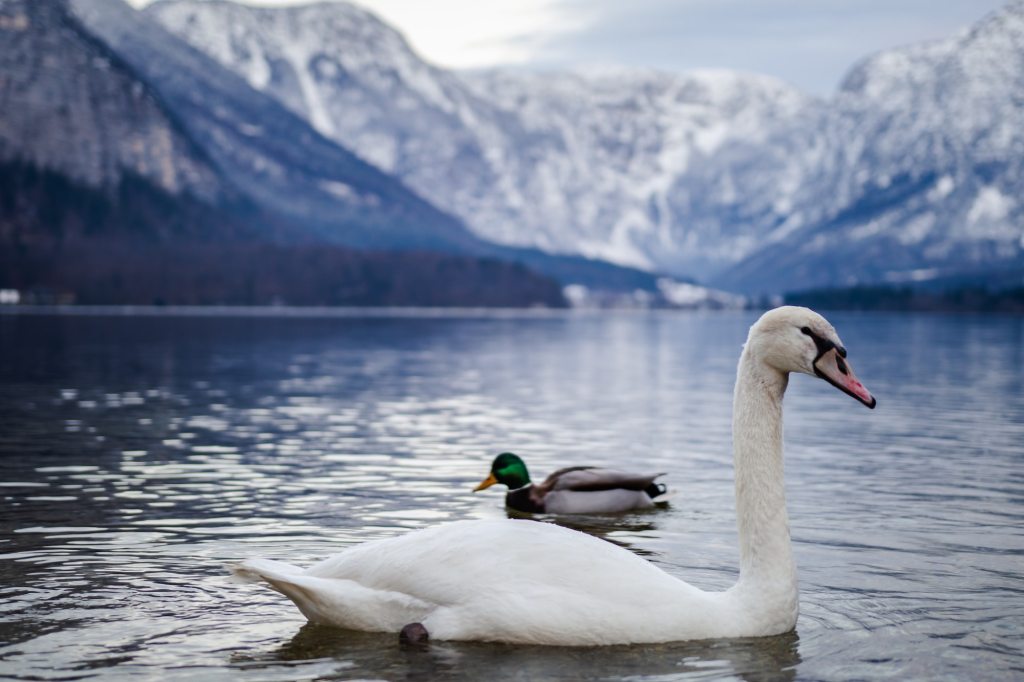
I know, I know. I’ve now incurred your wrath just with a title alone and the earworm that is now bopping in your head. Again. That dang Lin-Manuel Miranda-penned tune that is sweeping charts and living rooms and computers (OK, maybe, ideally, NOT on Spotify…but that’s another issue) and boring into your head in pernicious ways we haven’t seen or heard since “Let It Go” or the Macarena.
The big ol’ honking hit Disney film Encanto takes place at the Madrigal family’s home in the real-life (IRL) Valle de Cocora in Andean Colombia. Living in the walls of the casita for a decade, ostracized Bruno stays close by because he knows, despite his reputation as a bad luck beacon, he truly can contribute to his family’s happiness. Main character Mirabel also knows/discovers that her magic is in love and being there for others.

Wanna be Mirabelesque or Bruno-like and commit to making a difference in the lives of others…in Colombia?
Here are some fantastic volunteer opportunities to explore as you dream about a trip to Bogotà or Medellin or the Andean mountains, Amazon river, and more.
To volunteer and partner with local Colombian non-profits and NGOs (Non-Government Organizations) you will need to get a temporary visa of a cooperator (more information at this Colombian government link) processed at consulate offices at home, or in Bogotà. You’ll need your valid passport, two passport-type photos, a letter signed by the non-profit confirming your activities planned, and more. Explore the requirement carefully. Many international organizations arranging volunteer travel will handle some or all of this for your trip, but don’t plan on showing up without this important pre-travel step finalized.

Giving Way focuses on animal care programs, childcare, teaching, and conservation work, connecting you directly to NGO partners in communities. They value connection to the local villages and are often established in decentralized remote locations. https://www.givingway.com/volunteer-opportunities/colombia
International Volunteer HQ has Colombia programs year-round with projects ranging from one week to two-year stints based in Bogotà or Cartagena (you can also sign up for Spanish lessons to improve your communication skills). Projects focus on areas of teaching, childcare, food programs, construction/renovation, and sports programs. You’ll live in a volunteer house or apartment with other participants. https://www.volunteerhq.org/destinations/colombia/

Medicancer is a Bogotà-based NGO where you will assist patients and their loved ones navigating the medical system, appointments, enrichment and support services, and more in their journey with cancer. http://www.medicancer.org/
Medellin’s Proyecto Florecer empowers Colombian women to social leadership via grassroots projects, fighting cycles of poverty, under-employment, sex trafficking, discrimination, drug abuse, abusive relationships, and more. Volunteers currently focus on communication and community growth to support projects creating the next generation of strong women leaders. https://proyectoflorecer.org/volunteer/
Techo is a youth-led volunteer organization with projects around the world to fight poverty through many paths, including “Techo Troopers”—volunteers building homes, community centers, bathrooms, and infrastructure working side-by-side with locals in community-generated solutions. https://colombia.techo.org/

Volunteer Latin America helps you arrange low-cost service trips like teaching in Santa Marta, “Sport for Peace” programs, jaguar conservation at a biological reserve, park ranger programs, indigenous legal advocacy, abandoned animal rescue, community construction worksites, ethical mining initiatives, eco lodges, and burgeoning business support programs. Each program is different in respect to lodging provided free, food, fees, airport transfers, etc so research carefully to find your perfect match. https://www.volunteerlatinamerica.com/volunteer-abroad/colombia
Workaway connects you to local projects/hosts who have put the call out for volunteers, asking for your help. In Colombia, projects range from creating permaculture projects and organic farmwork to language exchange, building an eco-lodge, and supporting a dance school. Projects change often and past participant ratings are high. Similar to the WWOOF international programs (Worldwide Opportunities on Organic Farms: https://wwoof.net/) , you will work in exchange for room and board. https://www.workaway.info/en/destination/southamerica/co
Try not to let it grind you down like super-strong sister Luisa in Encanto, who sings, “Under the surface, I’m pretty sure I’m worthless if I can’t be of service,” but finding specific ways both large AND the little things to help, even when you travel, enriches everyone’s life.



















